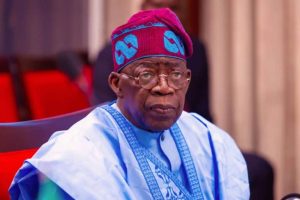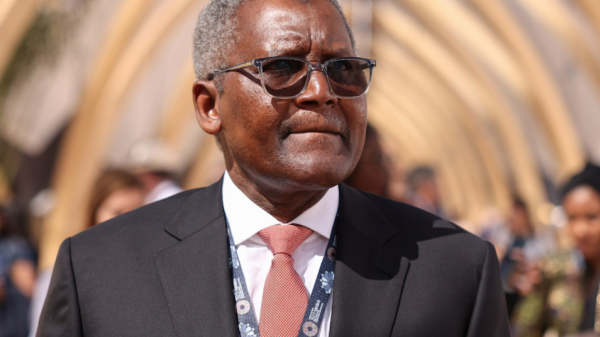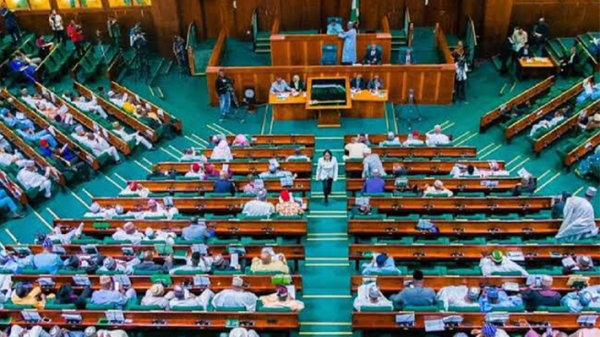By Grace Chigbu
In a sobering revelation, President Bola Ahmed Tinubu has disclosed that Nigeria’s national power grid serves only 15% of the country’s energy demand. He made this statement during the Nigerian Electricity Supply Industry (NESI) Roundtable held in Abuja on Monday, October 30.
The President, represented by the Special Adviser for Energy and Infrastructure at the Office of the Vice President, Sodiq Wanka, expressed concerns about the performance of Nigeria’s power sector privatization, stating that it has fallen short of its intended goals.
“Ten years on, I believe it is fair to say that the objectives of sector privatization have, by and large, not been met. Over 90 million Nigerians lack access to electricity,” President Tinubu remarked.
He went on to emphasize that the national grid, which is meant to supply power to the entire nation, only meets approximately 15% of the country’s energy demand. This deficit has forced households and industries to rely on costly self-generation methods, which currently provide 40% of the country’s energy requirements.
President Tinubu highlighted a significant concern regarding the stagnant growth in the national grid’s capacity over the past decade. He pointed out that the grid’s capacity has increased only slightly, from just over 3,000 megawatts (MW) to around 4,000 MW today. This falls far short of the ambitious 40,000 MW target set by the Federal Government for 2020 before the privatization of the power sector.
Additionally, President Tinubu stressed the need for recapitalization of distribution companies and the necessity of addressing non-cost-reflective electricity tariffs. He assured the audience that reconciliation efforts were already underway to eliminate outstanding debts, stimulate investments, and resolve financial capacity challenges.
“As of Q2 2023, for every kWh (kilowatt-hour) of electricity sent to the grid, only 60% is paid for. But as we know, even the tariff paid for that unit of electricity is far from being cost-reflective, especially in light of the recent devaluation of the naira,” President Tinubu explained.
Furthermore, he underlined the chronic underinvestment in the power sector, particularly in the areas of transmission and distribution. Many of the successor utilities of the Power Holding Company of Nigeria (PHCN) have struggled to meet their performance improvement targets due to technical and financial capacity issues.
President Tinubu acknowledged that the sector is caught in a cycle of underperformance and underinvestment, leading to a multitude of opinions about who is to blame for the ongoing challenges.














































































































